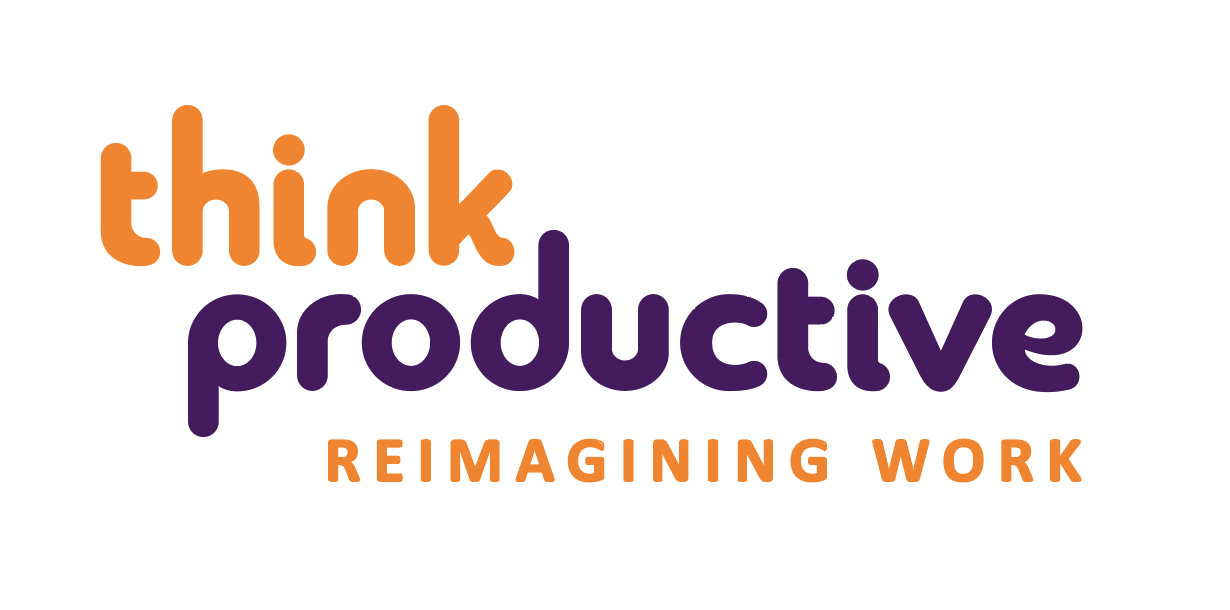We make decisions every day.
Some are “no brainers”, some require more thinking and a few may cause us a lot of stress.
Here are a few thoughts on decision making – Ninja-style
Stay Calm
Great decision-making comes from the ability to create the time and space to think rationally and intelligently about the issue at hand. Decisions made during periods of panic are likely to be the ones we want to forget about.
Be Ruthless
As well as needing to make more and better decisions, we need to be choosier, too: processing information to sort the wheat from the chaff, see the timber from the trees and sorting the big opportunities from the even bigger ones.
Choose Your Weapon
As our decisions get more complex, our need for tools to assist our thinking becomes more apparent.
Certain tools and their explicit use can give clients, line managers and other stakeholders additional confidence in your processes and can stimulate your thinking. For example, SWOT analysis (looking at strengths, weaknesses, opportunities and threats) is a common business thinking tool that provides a simple structure to think about the present and future in a way that people can easily understand.
Get Organised
In order to make a good decision, you need all the information at hand.
From Microsoft Outlook and iPhone apps to the humble stapler, there are so many ways to be organised. The trick is to get to a very good level of organisation rather than an excellent or mediocre level; this ensures that the time spent on getting organised receives the optimum payoff in increased productivity, rather than becoming a drain on our time and an unwelcome and unnecessary distraction
Focus on the Decision
One of the worst things you can do is make yourself always available. It’s an invitation to some of your biggest enemies: distraction and interruption. Protect your attention to ensure it’s spent on what you decide to spend it on, not what others hijack it for.
Do Your Research
The exact problem you face at work today is a problem that someone in another industry faced yesterday and that someone else will face tomorrow. Do some research (ask around or get online) – chances are someone else has gone through the same process before and you can learn from their experience.
Stay Sharp
We have different levels of thinking throughout the day. The key is to marry the right task, with the right mindset.
In the case of decision-making, you need to be proactive.
You can boost your proactive periods with artificial stimulants like caffeine, but this isn’t ideal in the long run. Take breaks, have lunch and hit the gym – all these things will give your brain time to recover, so you come back to the office sharp and ready to decide!
Listen
As well as taking the time to listen to our own thoughts and emotions, active and effective listening is at the heart of great decision making. Listening to objections and hearing only feedback and connection rather than criticism and opposition is a crucial skill, too.



I think ‘maintain perspective’ is an important one. How material is the decision in the wider context? What is more important – a perfect decision or a timely one? And what is needed – a decision on the actions to take to achieve the final outcome or simply to move onto the next step of the agreed course?
Thanks,
BC
Thanks Brain Cutlery. It’s definitely important to keep a sense of perspective. At TPHQ we regularly review our decisions individually and as a team to keep that in line.